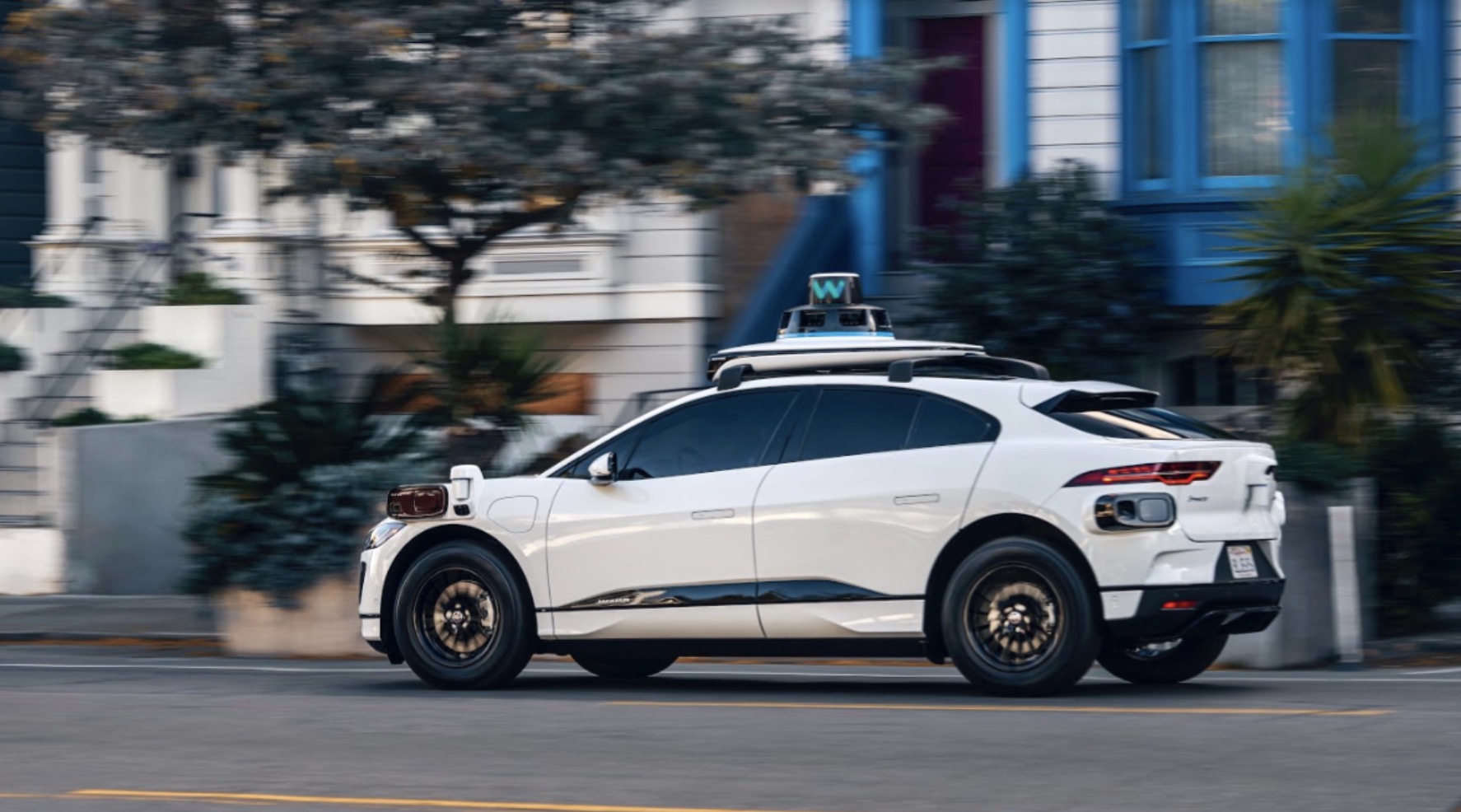Waymo, the autonomous vehicle subsidiary of Google’s parent company, Alphabet, has released compelling research in partnership with insurer Swiss Re, aiming to demonstrate the superior safety of its self-driving taxis when compared to human-operated vehicles.
This study arrives at a pivotal juncture for the self-driving taxi industry, especially in San Francisco. The recent decision by the California Public Utilities Commission to grant Waymo and its primary competitor, Cruise, extended operational privileges in the city has ignited controversy among officials and residents. Claims of traffic disruptions and blockages of emergency responder vehicles have triggered a broader discussion on the impact of autonomous transport.
Waymo’s collaboration with Swiss Re seeks to provide fresh insights into this ongoing debate. According to Waymo, the research is based on their autonomous vehicles covering over 3.8 million miles across San Francisco, CA, and Phoenix, AZ, without human intervention, resulting in zero bodily injury claims and a substantial reduction in property damage claims frequency.
What sets this research apart, Waymo explains, is its approach to establishing a robust benchmark for human performance comparison against autonomous vehicles. The study achieves this by utilising liability insurance claims data to create a comparison baseline.
The numerical findings underscore the striking contrast in performance:
- Swiss Re’s data, incorporating over 600,000 claims and more than 125 billion miles, indicates a 76% reduction in property damage claims frequency when comparing Waymo’s fully autonomous driving technology to human drivers (decreasing from 3.26 to 0.78 claims per million miles).
- Notably, there were no bodily injury claims involving Waymo’s autonomous vehicles, compared to the Swiss Re human driver baseline of 1.11 claims per million miles.
Remarkably, the study also highlights differences in Waymo vehicle performance depending on the level of human involvement, with bodily injury claims increasing when a safety monitor is present in the vehicle and further rising when operated manually by a human.
Waymo asserts that this research underscores how autonomous driving technology mitigates numerous risk factors intrinsic to human driving, such as inexperience or impaired driving. Human error is a significant contributing factor in nearly 40,000 traffic fatalities annually in the United States.
While some skeptics may argue that the relatively limited number of autonomous vehicles on the road compared to human-driven cars warrants further research, Mauricio Peña, Chief Safety Officer at Waymo, contends, “This cutting-edge study provides robust evidence that our Driver is, in fact, reducing injuries on the streets of San Francisco and Phoenix today.”
Luigi Di Lillo of Swiss Re concurs, stating, “For a long time, there has been a need for a comparison of autonomous vehicle providers and human-driven vehicles, and we are now able to provide this.”

